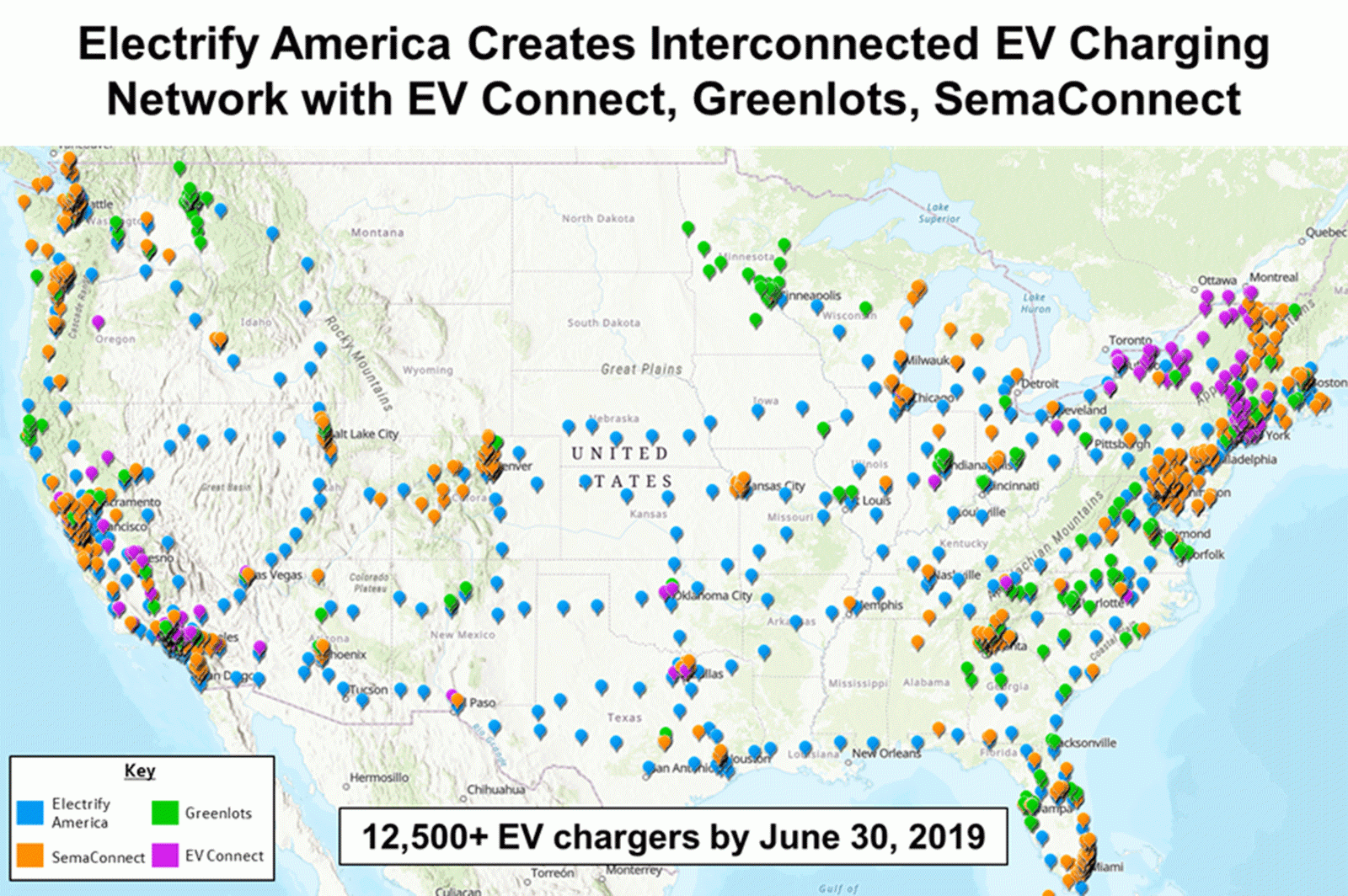bobandsherry
Thinks s/he gets paid by the post
- Joined
- Nov 24, 2015
- Messages
- 2,692
You quite easily can beat it, you say?
Tell us how you get free gasoline?
My vehicle was fueled for free at the supercharger.
I'll make a wild prediction: You won't type "You're right Mr, Tightwad". Instead, you'll continue to pay for your gasoline, and somehow justify to yourself how paying for smelly gasoline "beats" getting free electricity.
If you justify the price you paid for your car by getting free fill-up, then you are right Mr. Tightwad. But you pay more for your car in monthly depreciation than I do. So you have "paid" something, just consider it pre-paid. I'd place a bet that when you look at the cost of your car's monthly depreciation and what I'm paying plus the cost of gas, it's largely a push at best. And since I believe you paid cash, I can make a better point that the amount you lost on market returns you are in the hole. I'd bet that over a 10 year period my "costs" would be less than yours.
Additionally, I'm just going to remind you that you are currently getting government subsidy on your cost of fill-up (nothing in life, especially when the government is involved, is free). You are also not paying for the roads you use as you aren't paying the tax that's included in the gas price. At some point your "free" charging is going to cost you something and I'll make a prediction that in the end it will cost more than gasoline.
I'll also say that you give up some of your freedom as to where you want to drive, and when, just to get your "free" fill-up. In relative $$, what I pay for fuel is minuscule, I can easily afford that with trade off of doing what I want and without any delay. As I pointed out before, a trip just to visit my son would easily add 4 hours to a 18 hour trip. Additional time with family = priceless.





